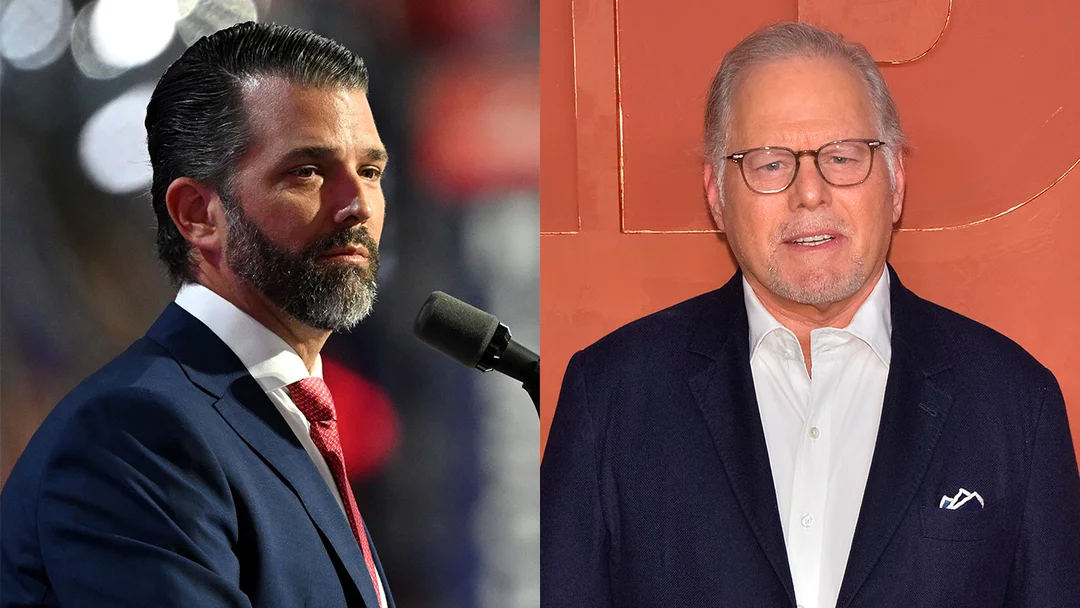
Warner Bros. Discovery and Trump: A Controversial Proposal for Favorable Programming
In an unexpected turn of events, a suggestion from within Donald Trump’s orbit has sparked discussions about the potential for strategic alliances between Warner Bros. Discovery (WBD) and the former president’s team. As the media landscape continues to evolve, this scenario raises questions about the intersection of politics and entertainment, and how such connections could reshape the future of media programming.
Recent reports by New York Magazine's Michael Wolff revealed that WBD is considering ways to cultivate a favorable relationship with the Trump administration. A proposal floated from the Trump camp suggested that WBD could offer Donald Trump Jr. a hunting and fishing show on the Discovery Channel. This comes in light of a multi-million dollar documentary deal between Amazon and Melania Trump, highlighting how media entities are seeking to enhance their standing with the politically influential.
This proposal, while described by some as a move to curry favor, also touches upon the broader strategy of media companies in the current political climate. For years, Trump has utilized media as both a weapon against critics and a tool for public narrative. "WBD confirmed that a company representative recently reached out to the Trump orbit seeking advice about how the company might advantageously interact with the White House and improve its Trump-age odor,” Wolff noted.
However, this approach is not without its detractors. The White House responded vehemently to Wolff's claims, with Communications Director Steven Cheung denouncing the author as "a lying sack of shit" and categorically rejecting the premise of WBD's attempts to go cozy with the Trump administration. This tension highlights not only the challenges for media giants like WBD but also the complicated relationship they have with Trump, who has been an outspoken critic of CNN, which is under the WBD umbrella.
Warner Bros. Discovery has faced scrutiny over its management since David Zaslav assumed the helm, especially since acquiring CNN. Zaslav has referred to CNN as the crown jewel of the company, yet it also represents a consistent adversary for Trump, potentially complicating any collaborative efforts. As the media landscape becomes increasingly polarized, the business decisions made in these boardrooms have far-reaching implications for content and public perception.
Despite the controversy, Zaslav’s ambitious plans might require a more strategic partnership with influential political figures if the company wishes to thrive. The intersection of media corporations and politics raises pressing questions about accountability, influence, and the potential for media to serve dual purposes—entertainment and propaganda.
As dialogues around these proposals continue, it remains to be seen how WBD will navigate this intricate landscape. Will they heed the suggestions from Trump’s camp, or will this incident serve as a lesson in the challenges of engaging with the political elite in a media-saturated environment? The future promises to be eventful, and the implications of such alliances will surely be a focus of public scrutiny.
The media industry stands at a crossroads, where the division between news, entertainment, and politics blurs more than ever. What are your thoughts on the possibility of Trump family programming? Share your insights in the comments below.